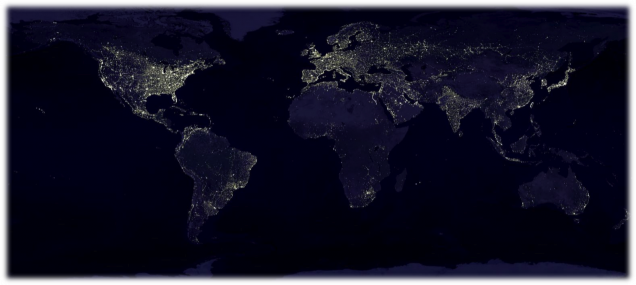Humans & the Ecosystem
For the first time in human history, people live predominantly in urban areas. The most densely populated northeastern states (RI, NJ, MA, CT) may grow to 60% urban in land area by the year 2050. This unfolding urban revolution is having impacts on all aspects of our human and natural systems from how we organize our communities to how we use our land.
As researchers from Boston University, UMass Amherst, and Harvard Forest we are collaborating on a two-year project designed to create a better understanding of the impacts that the urban revolution will have on our human and natural systems. Our team is made up of geographers, foresters, ecosystem scientists, and biologists, and the project is funded by the National Science Foundation.
Our objectives are to:
1. Characterize the spatial patterns of land conservation and management over the past 30 years;
2. Investigate the ways in which changes in land use influence the ecosystem;
3. Understand how a mixture of social and ecological factors shape land management practices and the designation of formal conservation; and
4. Analyze how social and ecological factors vary along a urban to rural gradient extending west from Boston
Currently, we are trying to learn about how property owners think about property management and land conservation in Massachusetts. An important part of this work involves listening to households from rural, suburban, and urban communities across the state in order to understand their diverse experiences and opinions. We hope this project will lead to better policies and outreach programs that reflect their views and experiences.
